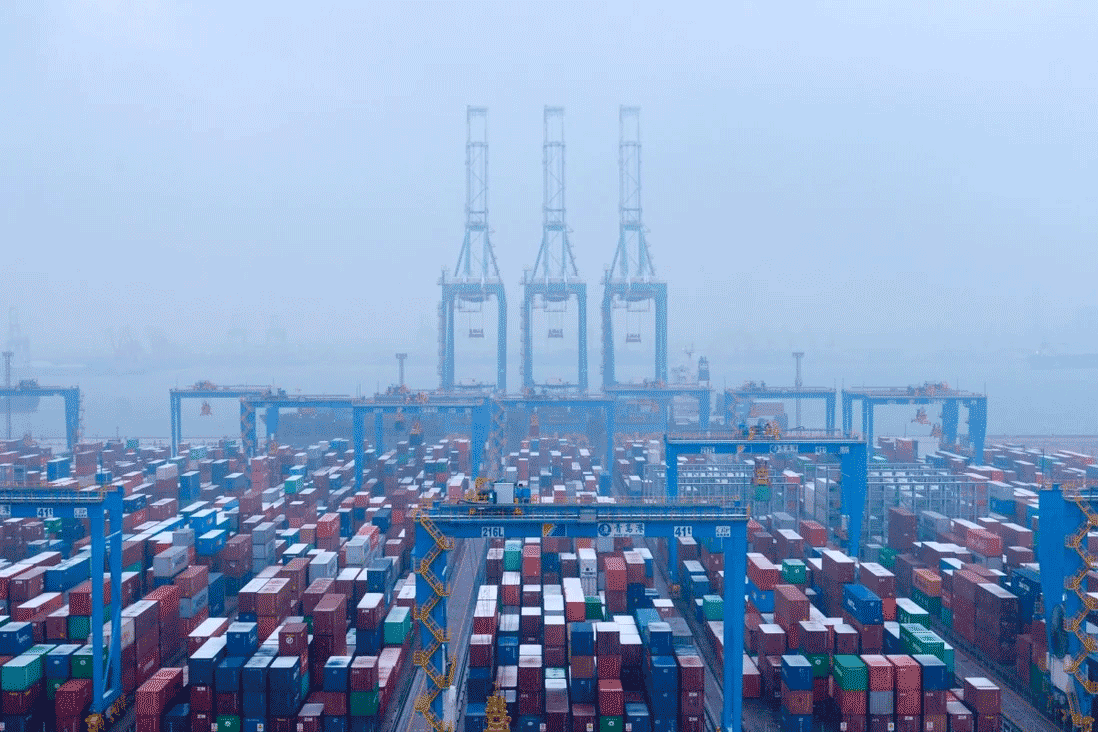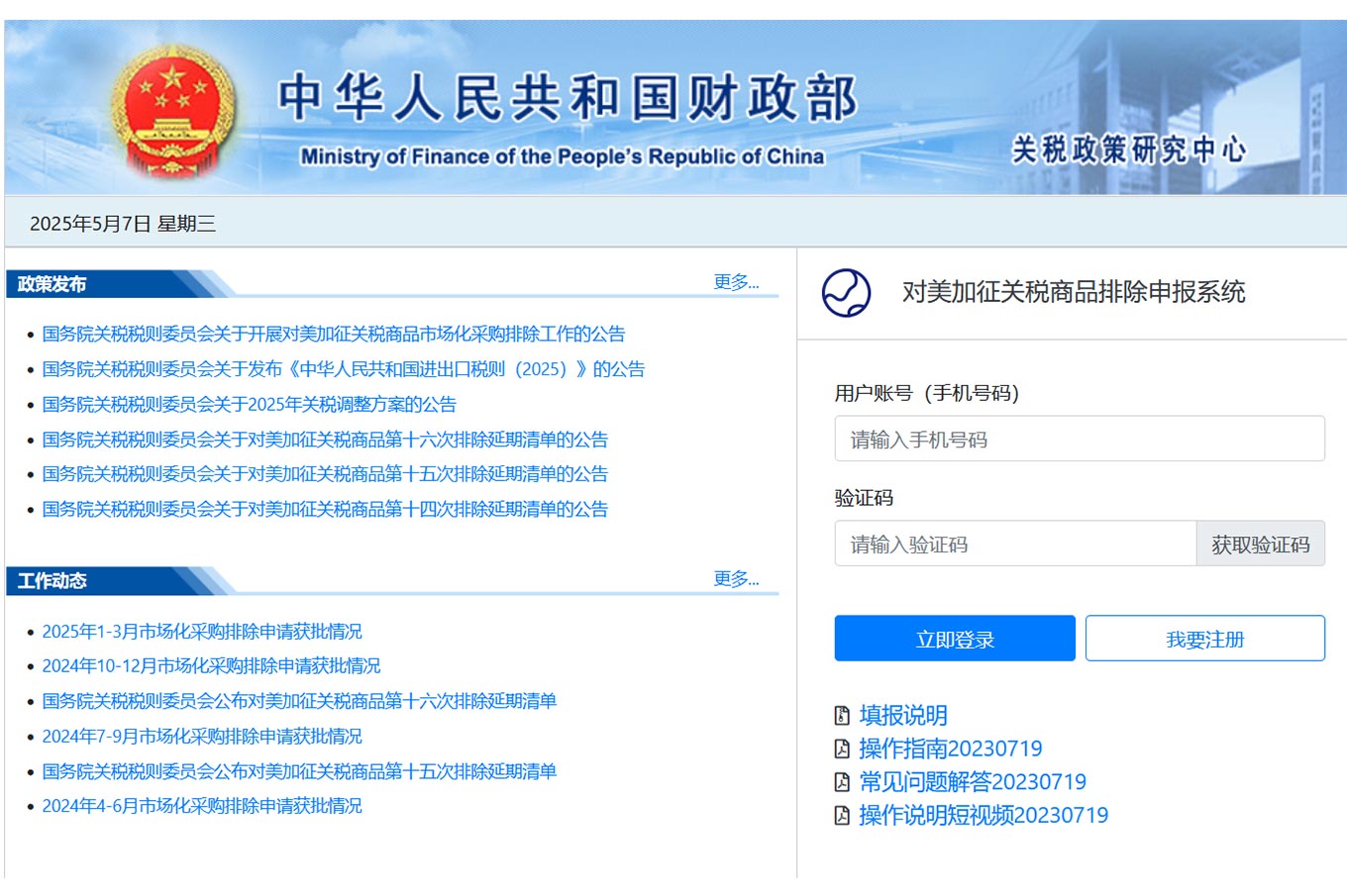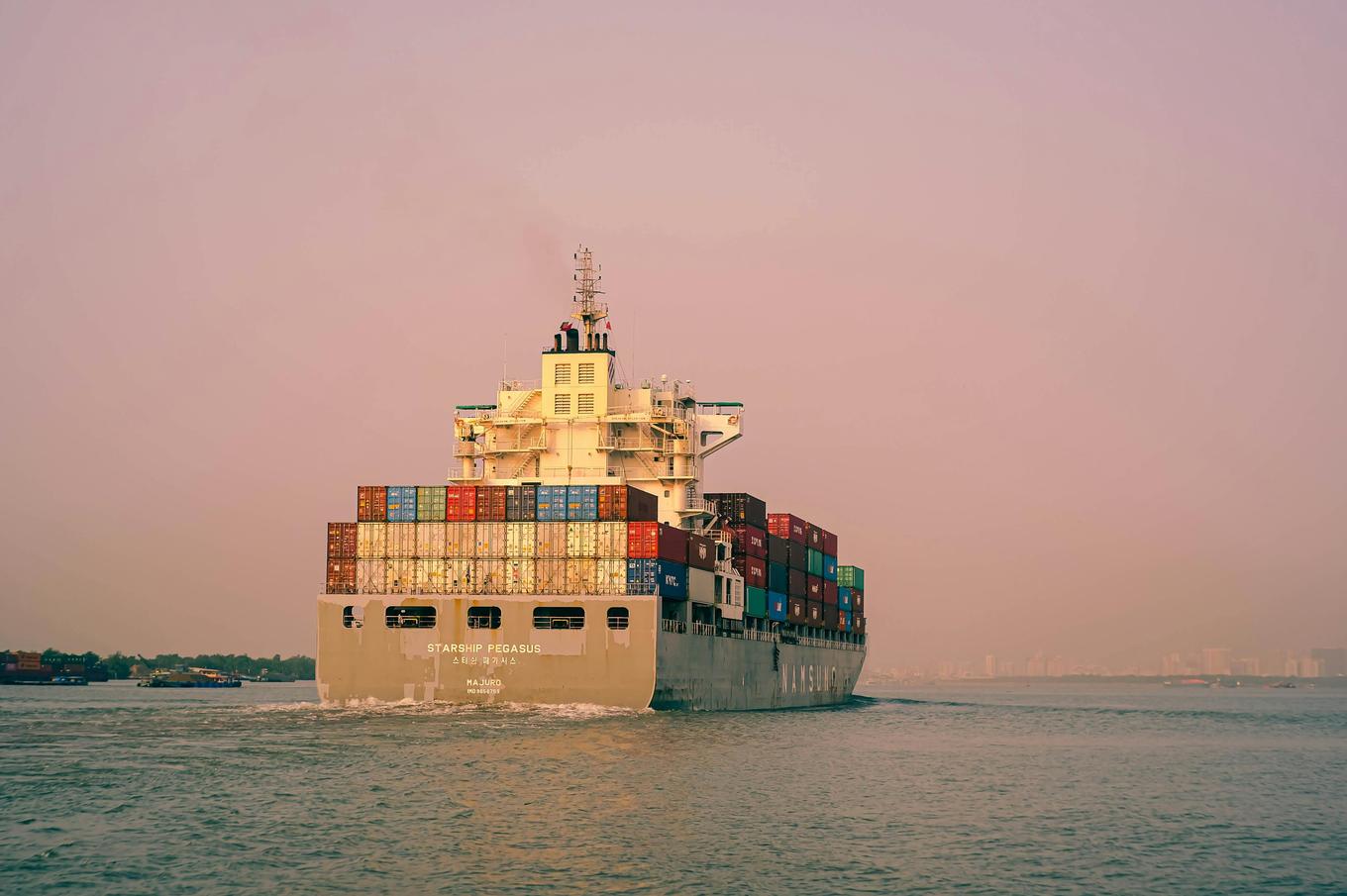- Shanghai Zhongshen International Trade Co., Ltd. - Two decades of trade agency expertise.
- Service Hotline: 139 1787 2118
Recently, the two largest golf cart manufacturers in the U.S.—Club Car and Textron Specialized Vehicles—jointly requested the Biden administration to impose a 100% tariff on Chinese-made golf carts and other low-speed battery-powered personal vehicles. This request stems from concerns over the flood of Chinese imports eroding U.S. market share.
Background and Reasons
With the Biden administration announcing that it will double the import tariff on Chinese electric vehicles from 25% to 100%, some domestic manufacturing enterprises in the United States have also started to seek similar tariff protection. Club Car and Textron Specialized Vehicles pointed out in a joint statement that the import volume of Chinese golf carts has grown rapidly, and they have occupied a larger market share by taking advantage of the price advantage brought by Chinese government subsidies.
Mark Wagner, President and CEO of Club Car, stated in an email declaration on June 28: Imports from China are growing rapidly, leveraging price advantages from Chinese government subsidies to expand their share in the consumer vehicle market. We must take action.

Import Data and Market Impact
According to data released by the Office of the United States Trade Representative, the total tariff classification of golf carts and other similar products imported by the United States from China in 2020 was $148 million, and this figure had increased to $916 million in 2023, a six - fold increase. These products are classified as a specific product, and their tariffs are lower than those of conventional - sized electric vehicles.
This classification has enabled these golf carts to bypass the proposal of increasing electric vehicle tariffs announced by the Biden administration in May, further fueling the surge in imports.
Manufacturers Accusations and Requests
Under the organization named American Personal Transportation Manufacturers Alliance, Club Car and Textron Specialized Vehicles submitted an application to the U.S. Trade Representative Office for tariff protection or relief. They accused Chinese competitors of substantial and systematic price undercutting, leading to deteriorating performance in the domestic U.S. industry, with significant declines in 2024 production, capacity utilization, shipments, employment, and financial performance.
The Wiley law firm in Washington also sent a letter to the Office of the United States Trade Representative, supporting the claims of the above - mentioned manufacturers, and stating that the dumping behavior of Chinese golf carts has had a serious impact on the US market, and suggesting relief in the form of anti - dumping and counter - vailing duties.
Potential Impact and Reactions from All Parties
If the US government agrees to impose a 100% tariff on Chinese golf carts, this will have a significant impact on Sino - US trade relations. Previously, China has expressed its opposition to the US imposing tariffs on its electric vehicles and mentioned that it may take counter - measures.
This move may further exacerbate the trade tensions between the two countries and also bring price pressure to consumers. The increase in tariffs may lead to an increase in the prices of golf carts and other low - speed battery - powered personal vehicles in the US market, affecting consumers purchasing decisions.
Related Recommendations
? 2025. All Rights Reserved. Shanghai ICP No. 2023007705-2  PSB Record: Shanghai No.31011502009912
PSB Record: Shanghai No.31011502009912










